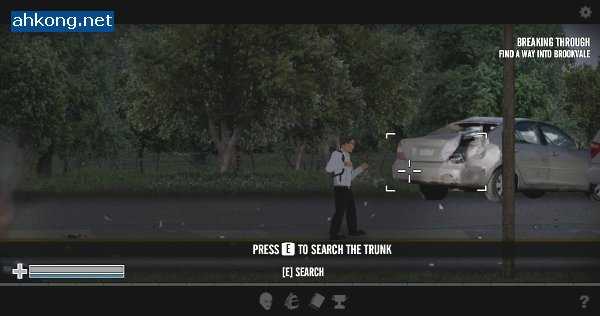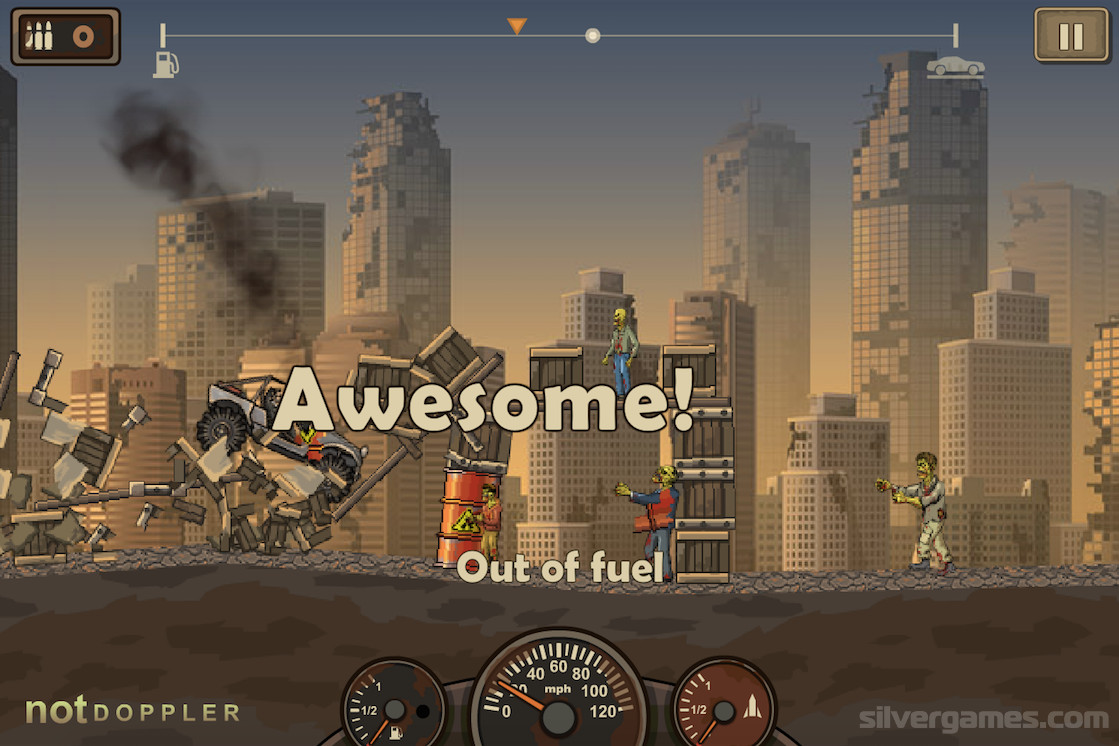
Najib, whose father was the country’s second prime minister, is the first former Malaysian leader to see prison time.īrazil’s raids. Considering Najib’s deep political connections, the case was seen as a test of Malaysia’s commitment to the rule of law. Former Malaysian Prime Minister Najib Razak began a 12-year prison sentence on Tuesday after a court rejected his final appeal in a case stemming from the 1Malaysia Development Berhad money laundering scandal. Ukrainian President Volodymyr Zelensky has banned festivities and ordered government workers to stay home as the city prepares for the possibility of missile strikes hitting the capital for the first time in weeks. As FP’s Jack Detsch and Mary Yang report, the streets of Kyiv are likely to be quiet. Although Russia’s proclaimed goals have shifted over the course of the war, its latest aim-articulated by Russian Foreign Minister Sergey Lavrov in July-to seize Ukraine’s southern regions as well as its eastern Donbas region has been steadily progressing.īut Ukraine has plenty of victories it can point to, from a stirring defense of Kyiv, the country ’s capital, in the war’s early days to its recent brazen attacks deep behind enemy lines in Russian-annexed Crimea.Īs Ukraine marks its independence today, celebration is not on the agenda. As for the war itself, both sides can claim to be ascendant. That recent shift is unlikely to be a permanent trend, as officials warn that the ongoing war and cold winter months could soon see more people heading west to safety. refugee agency UNHCR counted more than 10 million border crossings into the European Union from Ukraine over the course of the war, but it has also seen 4 million people head in the other direction. Ukraine’s refugee exodus, which prompted many European governments to reverse their usual anti-immigration stances at the outset of the war, has seen some recent reversals. Prosecuting those crimes will be a challenge Toronto-based journalist Justin Ling laid out a possible course of action in Foreign Policy this month. Ukraine’s government estimates that at least 140,000 homes, apartments, and other residential buildings have been destroyed in the war so far, leaving 3.5 million people homeless.Īnd although the massacre in Bucha, Ukraine, grabbed global headlines, that amounts to only a sliver of the total number of war crimes allegedly committed by Russian forces, which Ukraine counts at a staggering 25,000 crimes. High Commissioner for Human Rights, counts 5,587 civilians killed since the war began in what the organization admits is likely a considerable undercount. The official civilian death toll, gathered by the Office of the U.N.

For now, Europeans are feeling the pain in their wallets, but questions surrounding the effectiveness of sanctions may multiply as the cold sets in.ĭeveloping countries, which on the whole have tried not to pick a side in the war, are also feeling the strain as high food and energy prices collide with already challenging debt burdens.

That united front faces its greatest test this winter, as gas supplies come under strain and Russian President Vladimir Putin’s leverage over the continent grows. NATO is on the brink of expansion, as Sweden and Finland are poised to join the alliance, the latter’s accession set to expand the group’s border with Russia by more than 800 miles. As Ukraine celebrates its continued independence after half a year of war, it is also bracing for further attacks as Russia seeks to retaliate for the assassination of Russian journalist Darya Dugina-a crime the Kremlin has, without credible evidence, blamed on Ukraine.Ī united front? So far, the United States and Europe have largely stood together in the face of Russia’s invasion, enacting sweeping sanctions against Moscow and eagerly assisting Ukraine’s military.

Alliances, worldviews, and energy markets have been tested while Europe has experienced its largest refugee crisis since World War II. Six months after the first barrage of airstrikes that launched Russia’s invasion of Ukraine, the world has changed.


 0 kommentar(er)
0 kommentar(er)
